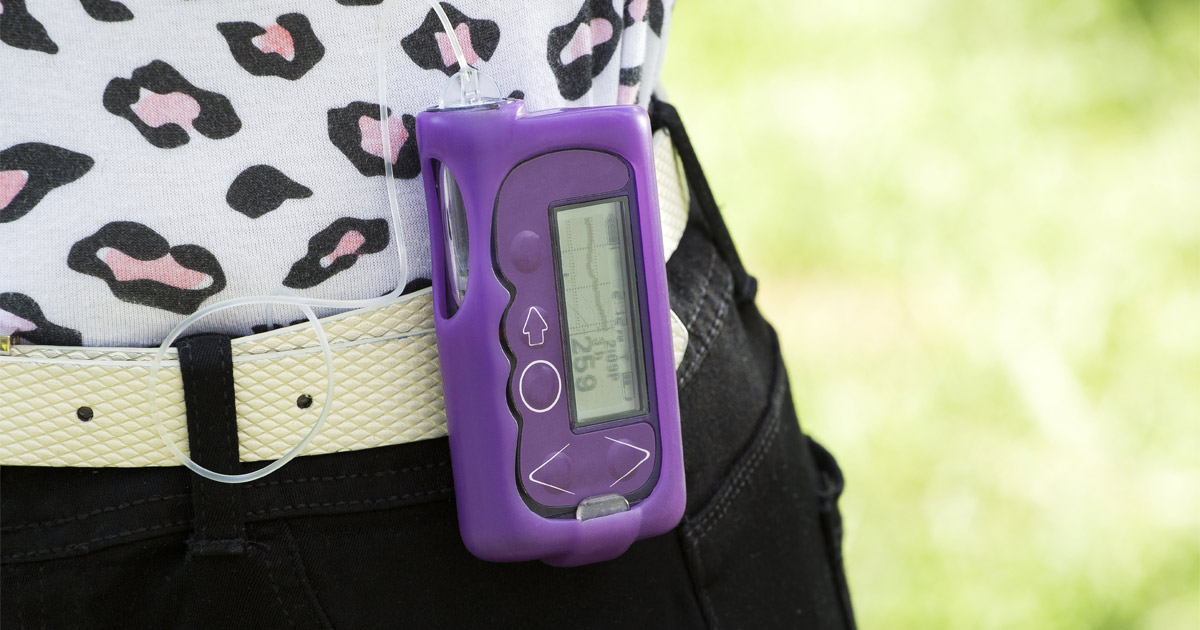Diabetes can force you to live with all sorts of physical ailments, skin issues, heart disease, and even vision loss—but very few realize that federal law protects employees with diabetes from discrimination. Employers need to provide reasonable accommodations for their employees with disabilities, and the medication, physical problems, and other inconveniences that accompany diabetes entitle them to protection.
If you suffer from diabetes and want to know your employee rights under the law, read on.
Is Diabetes Considered a Disability Under the ADA?
According to the federal Americans with Disabilities Act (ADA), a disability encompasses a physical or mental impairment that substantially limits you from performing one or more major life activities. The law could consider either Type 1 or Type 2 diabetes as a disability, therefore, if it significantly impacts your ability to eat, care for yourself, or work.
In these cases, even if you manage your diabetes with medication or insulin, federal law still protects you and entitles you to reasonable workplace accommodations, such as breaks to monitor your blood sugar or administer insulin.
What Accommodations Can You Request at Work?
If you have diabetes and work for a covered employer, you can request accommodations to help manage your condition during work hours, including access to food or drink to prevent low blood sugar levels, flexible breaks for insulin injections, or changes to your work schedule to attend medical appointments. Employers are required to provide those accommodations unless doing so would create an undue hardship for the business.
Can You Face Discrimination for Having Diabetes?
Despite federal protection from the ADA and other laws, such as the Rehabilitation Act, you may still face workplace discrimination, including an employer passing over you for a position, denying you a promotion, or harassing you.
If you experience discrimination, you should consider working with an employment attorney to file a complaint with the Equal Employment Opportunity Commission (EEOC).
How Do You Prove Diabetes Is a Disability?
To prove that your diabetes qualifies as a disability, you may need to demonstrate how your condition affects your daily life or your ability to work. When you request accommodations or file a complaint with the EEOC, provide medical records, doctor records, and details about your treatment plan. You need to show that, even though you manage your diabetes, abnormal blood sugar levels could significantly impact your ability to work.
How Can an Employment Lawyer Help You?
If you believe your employer violated your workplace rights, and whether your employer is denying you reasonable accommodations or you need help navigating complex employment laws, we recommend contacting an employment lawyer. Not only can an attorney help you understand your rights, file complaints, and take legal action, but they will also protect your rights and interests from start to finish.
Protecting Your Rights with the Marlton Employment Lawyers at Burnham Douglass
Trust the Marlton employment lawyers at Burnham Douglass for dedicated, experienced legal advocacy when your employer discriminates against you. Call us at 856-751-5505 or fill out our online contact form for a free consultation. Our Marlton and Northfield, New Jersey, offices serve clients throughout South Jersey, including Evesham Township, Cherry Hill, Camden County, Burlington County, and Atlantic City.


